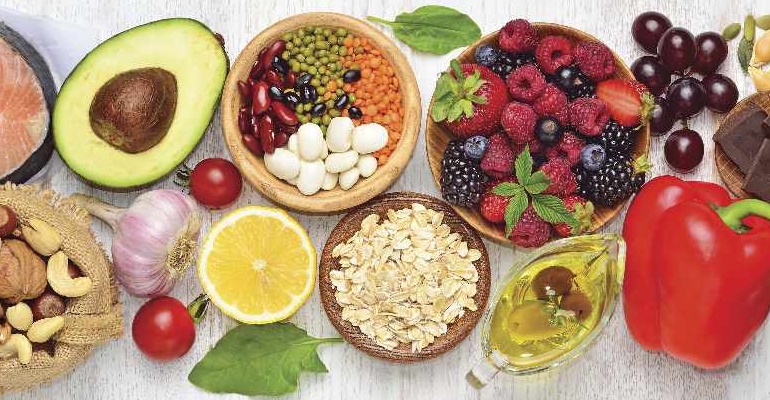
Our health and wellbeing are intrinsically linked to what we eat, so this month Lisa de Silva offers guidance on how we can provide our bodies with the perfect balance of nutrition
There is nothing like a global pandemic to focus the mind. This year more than ever we have begun to appreciate that good nutrition and maintaining a healthy weight are not just desirable, but essential for our health and wellbeing.
The foods we eat contain the nutrients, vitamins and minerals we need to fuel our daily activity, repair our physical state, restore our mental health and support our immune system in warding off infections and diseases. So, it’s essential we get it right.
THE IMPORTANCE OF WHOLE FOODS
Unfortunately, it is estimated that 60% of our diet comes from processed foods. These are often full of artificial sweeteners, preservatives, salts and saturated fats, which can be linked to obesity, type 2 diabetes, high blood pressure, heart disease and high cholesterol.
To protect our health and boost our ability to fight disease, it is essential that we eat more unrefined, unprocessed and whole foods, such as fresh fruit, vegetables, whole grains, nuts and legumes.
THE BASICS OF GOOD NUTRITION
To get all the nutrients we need for optimum health, it’s important to eat a balanced and varied diet. Cooking from scratch is recommended, as you can select the most nourishing ingredients for your meal and control the amount of good fats, sugar and salt added.
Try to eat three meals a day at regular intervals, using a balance of ingredients from the following food groups:
High Quality Protein
- Essential for growth, repair and good muscle health
- Increases satiety levels
- Beans, pulses, nuts, fish, meat, eggs, shellfish
High Fibre Carbohydrate
- Slows digestion of food – you stay fuller for longer
- Steady release of energy – avoids spiking blood sugar levels
- Whole wheat pasta, brown rice, wholemeal bread, sweet potatoes, oats
Fruit & Vegetables
- Packed full of vitamins and minerals for general good health
- Excellent source of fibre and good for gut health
- Eat at least 5 portions a day
Dairy & Dairy Substitutes
- Good source of calcium and protein. Improves bone health
- Milk, non-dairy milk (soya, oat, almond), yoghurt, cheese
Healthy Fats & Oils
- Unsaturated fats are good for heart health
- Olive oil, avocado, oily fish, heart-friendly spreads
Fermented Foods & Drinks
- Vital for gut health to support the immune system
- Pickles, apple cider vinegar, kombucha, yogurt, kimchi, miso
SNACKS & TREATS?
Whenever you are tempted to snack, ask yourself if you are genuinely hungry or if are you snacking out of boredom, tiredness or stress? Might there be another way to nourish yourself without the use of food?
For those times when you do need a snack or treat, try to be prepared with some healthy options like skinny popcorn, chocolate-coated rice cakes, vegetable sticks and salsa or Greek yoghurt ice cream.


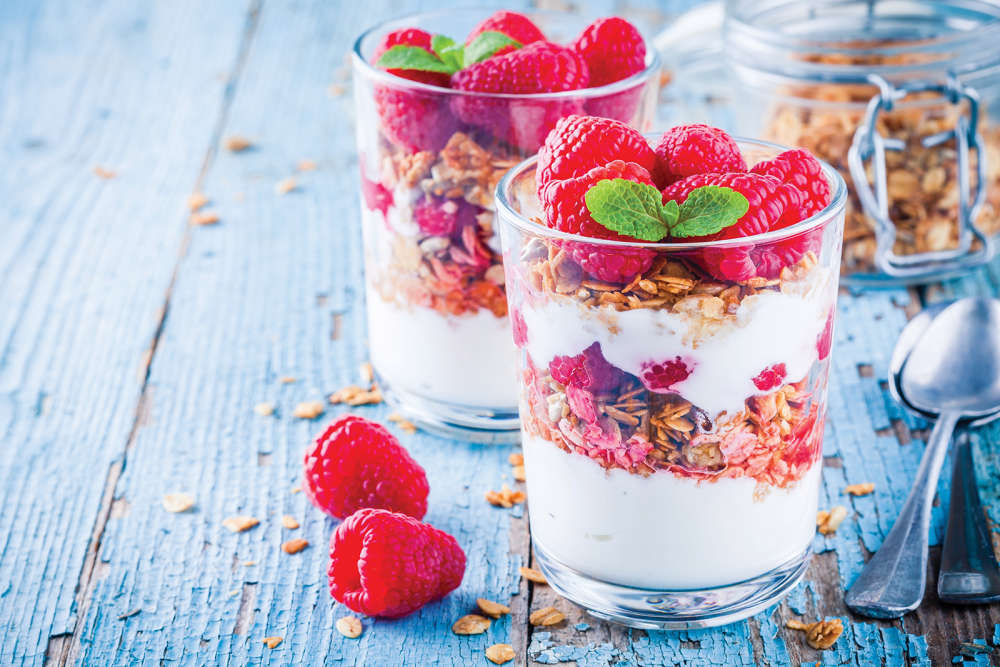 Recipe: Cranachan
Recipe: Cranachan
 Recipe: Eggs Benedict
Recipe: Eggs Benedict
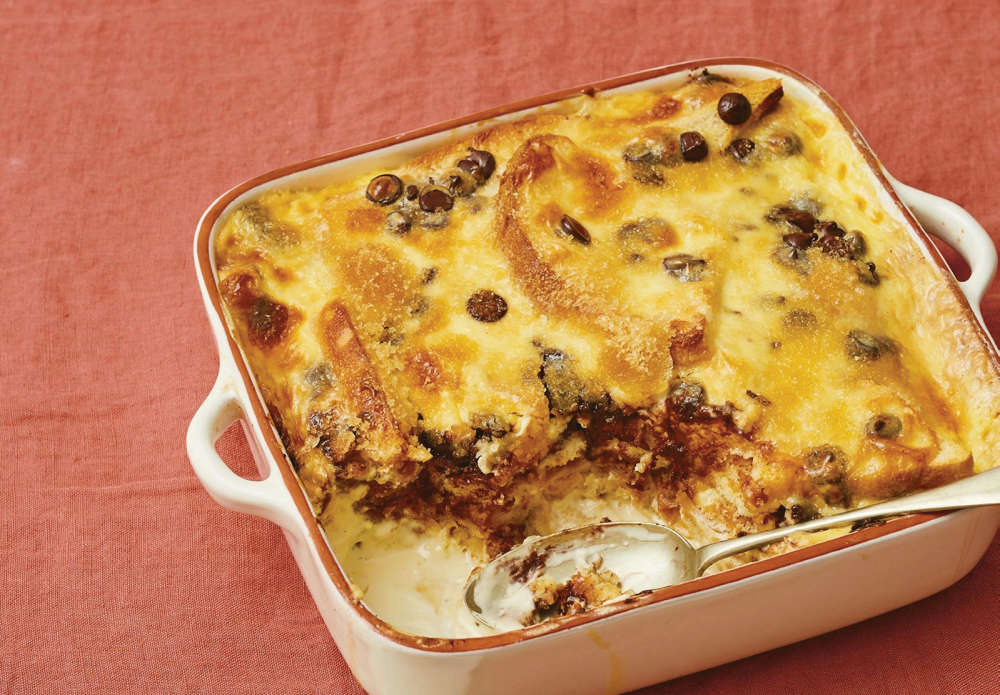 Recipe: Tiramisu Bread & Butter Pudding
Recipe: Tiramisu Bread & Butter Pudding
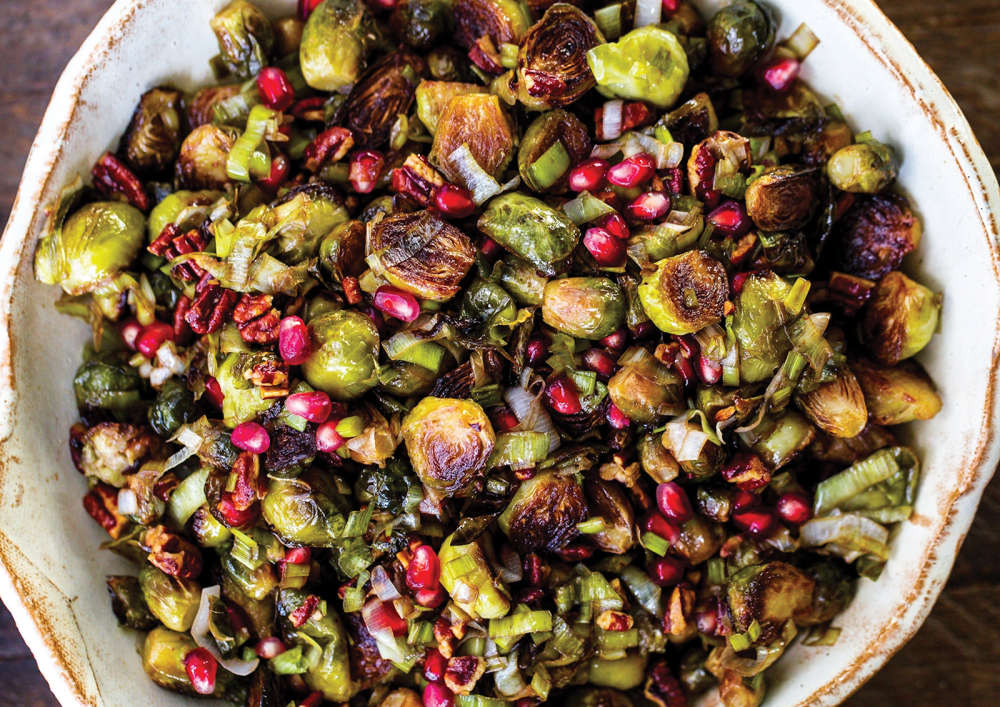 Recipe: Brussels Sprouts with Pomegranate & Almonds
Recipe: Brussels Sprouts with Pomegranate & Almonds
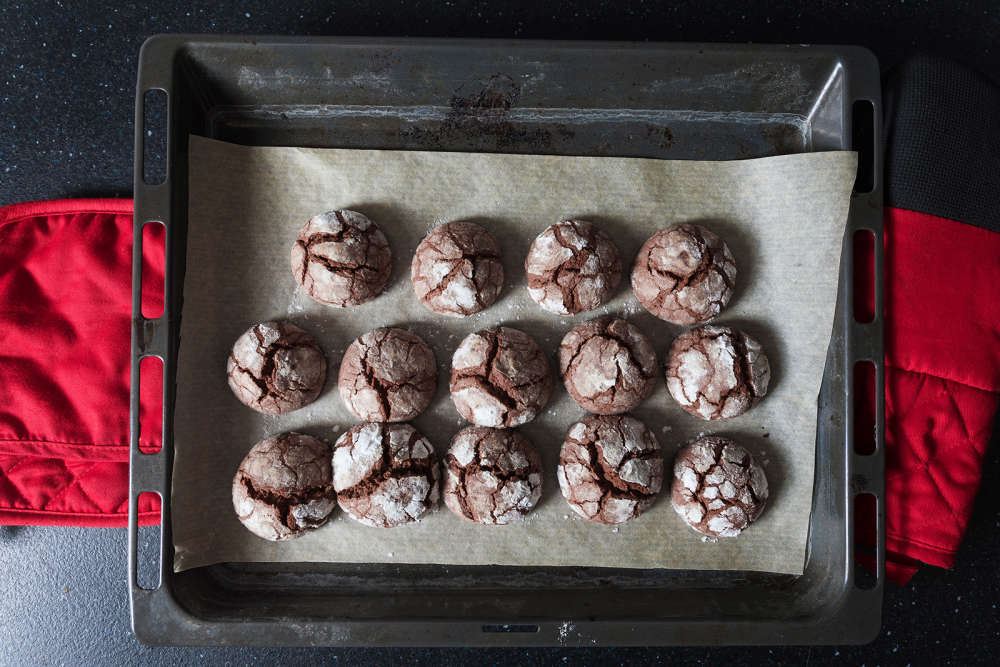 Recipe: Chocolate, Banana & Pecan Cookies
Recipe: Chocolate, Banana & Pecan Cookies
 Recipe: Chicken & Mushroom Pot Pies
Recipe: Chicken & Mushroom Pot Pies
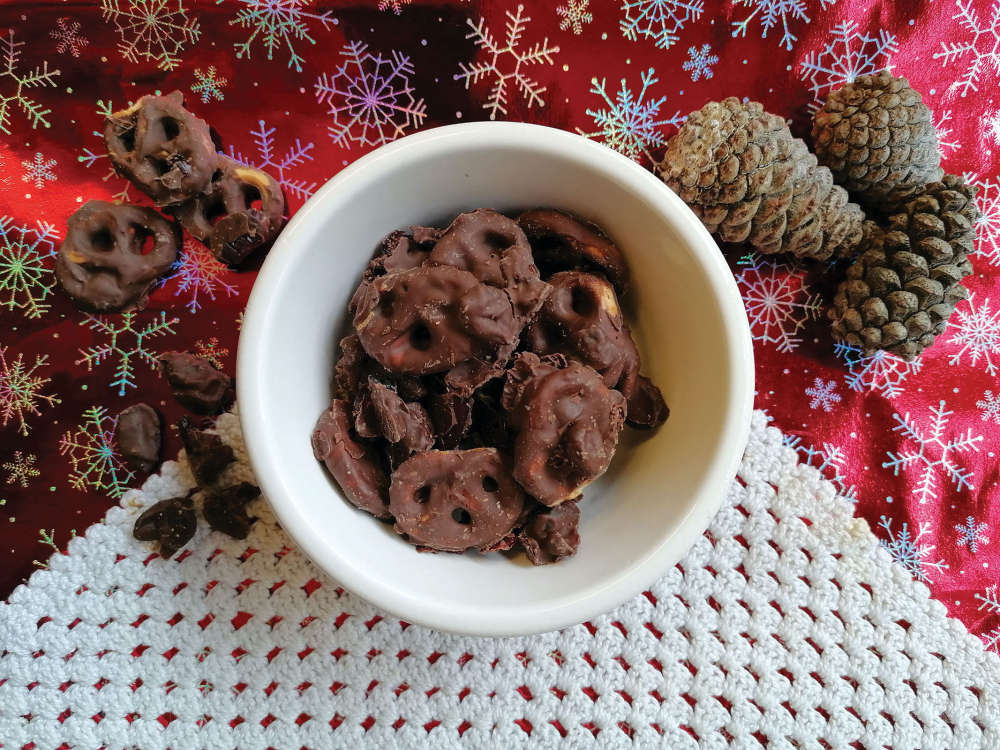 Kids Zone: Make Your Own Festive Treats!
Kids Zone: Make Your Own Festive Treats!
 Recipe: Hearty Beef & Pumpkin Stew
Recipe: Hearty Beef & Pumpkin Stew
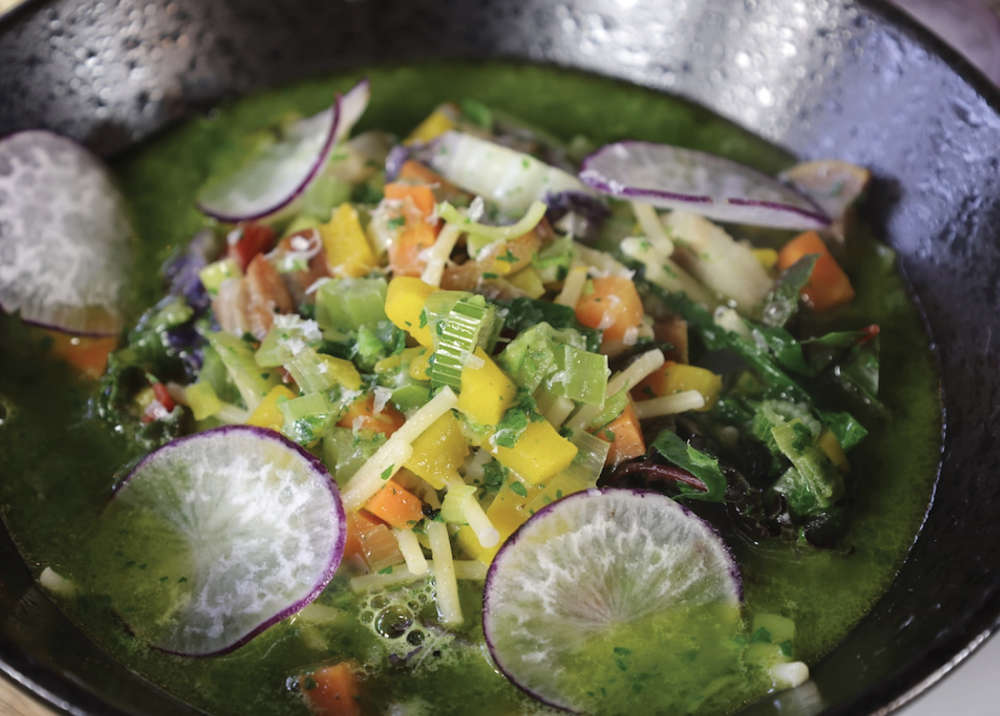 Recipe: Autumn Minestrone Soup
Recipe: Autumn Minestrone Soup
 Recipe: William Shatner’s Cappuccino Muffins!
Recipe: William Shatner’s Cappuccino Muffins!
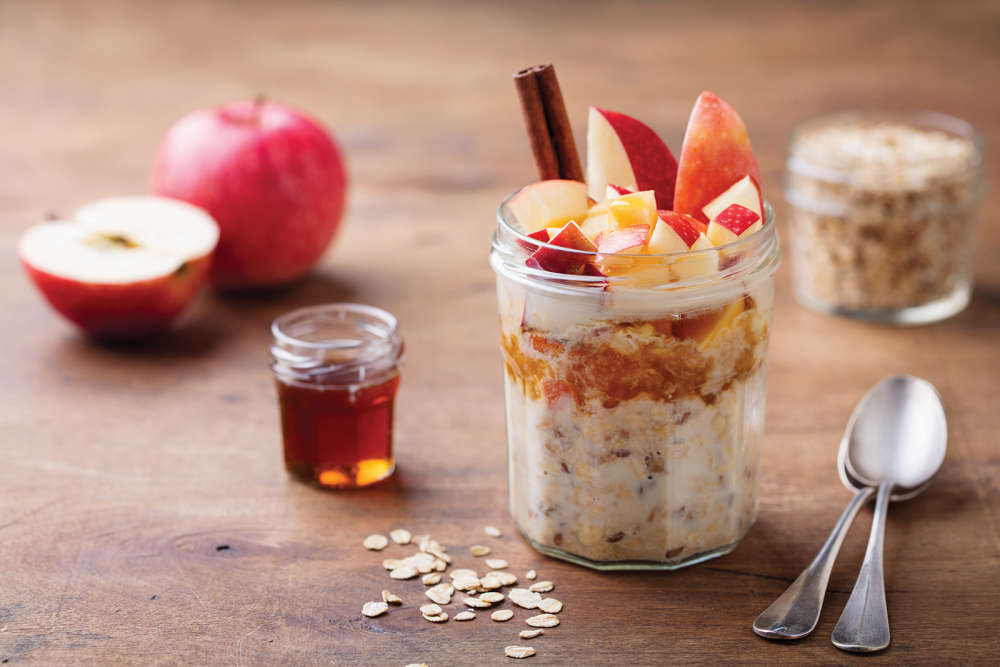 Kids Zone: Apples, Apples and more Apples
Kids Zone: Apples, Apples and more Apples
 Recipe: Red Velvet Cupcakes
Recipe: Red Velvet Cupcakes
 Recipe: Saffron & Lemon Chicken Joojeh Kebabs
Recipe: Saffron & Lemon Chicken Joojeh Kebabs
 South Carolina BBQ Chicken Thighs
South Carolina BBQ Chicken Thighs
 Weddings: The Food of Love
Weddings: The Food of Love
 Vino, Vidi, Vici: The Vineyards, Breweries & Distilleries of Sussex
Vino, Vidi, Vici: The Vineyards, Breweries & Distilleries of Sussex
 Recipe: Raspberry Blancmange
Recipe: Raspberry Blancmange
 Recipe: Sizzling Spare Ribs with BBQ Sauce
Recipe: Sizzling Spare Ribs with BBQ Sauce
 Highweald Estate: Wines of Outstanding Natural Beauty
Highweald Estate: Wines of Outstanding Natural Beauty
 Recipe: Salted Caramel Praline Brownie
Recipe: Salted Caramel Praline Brownie